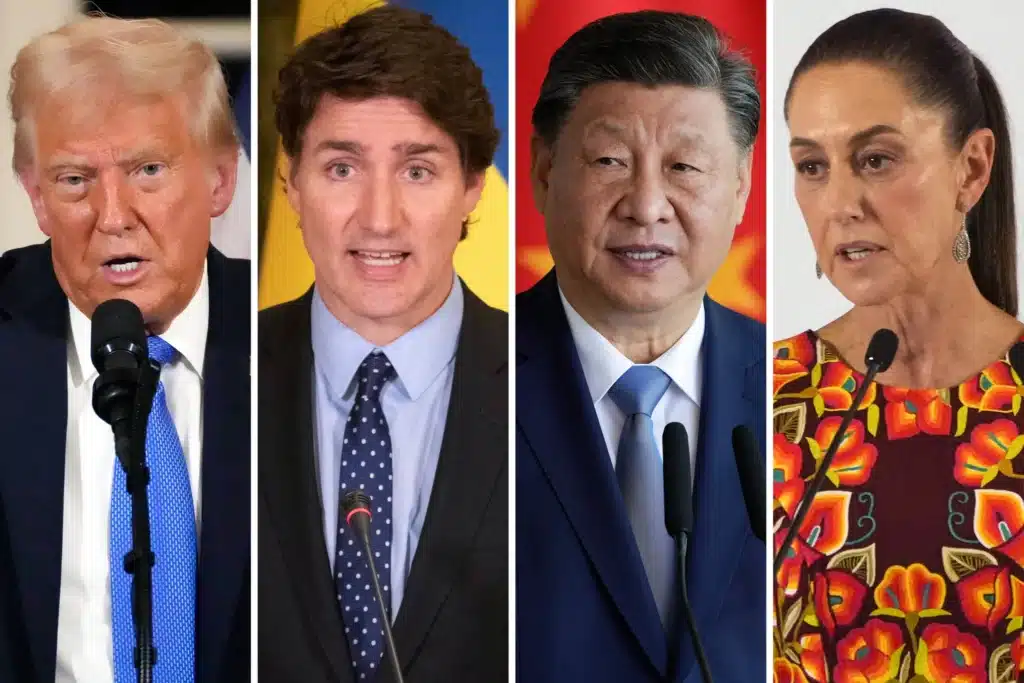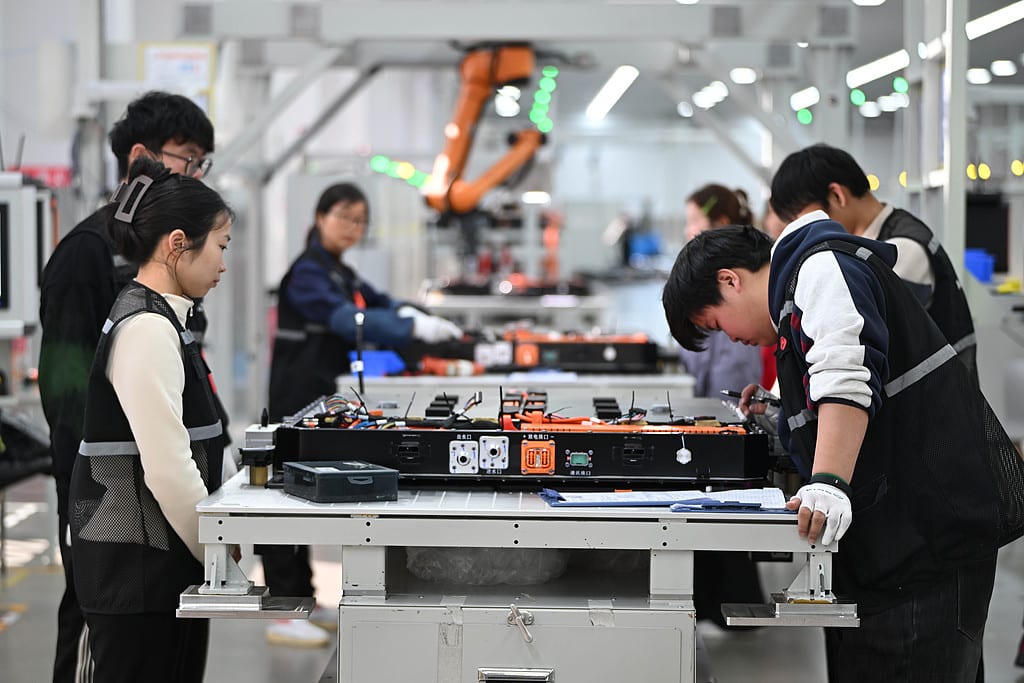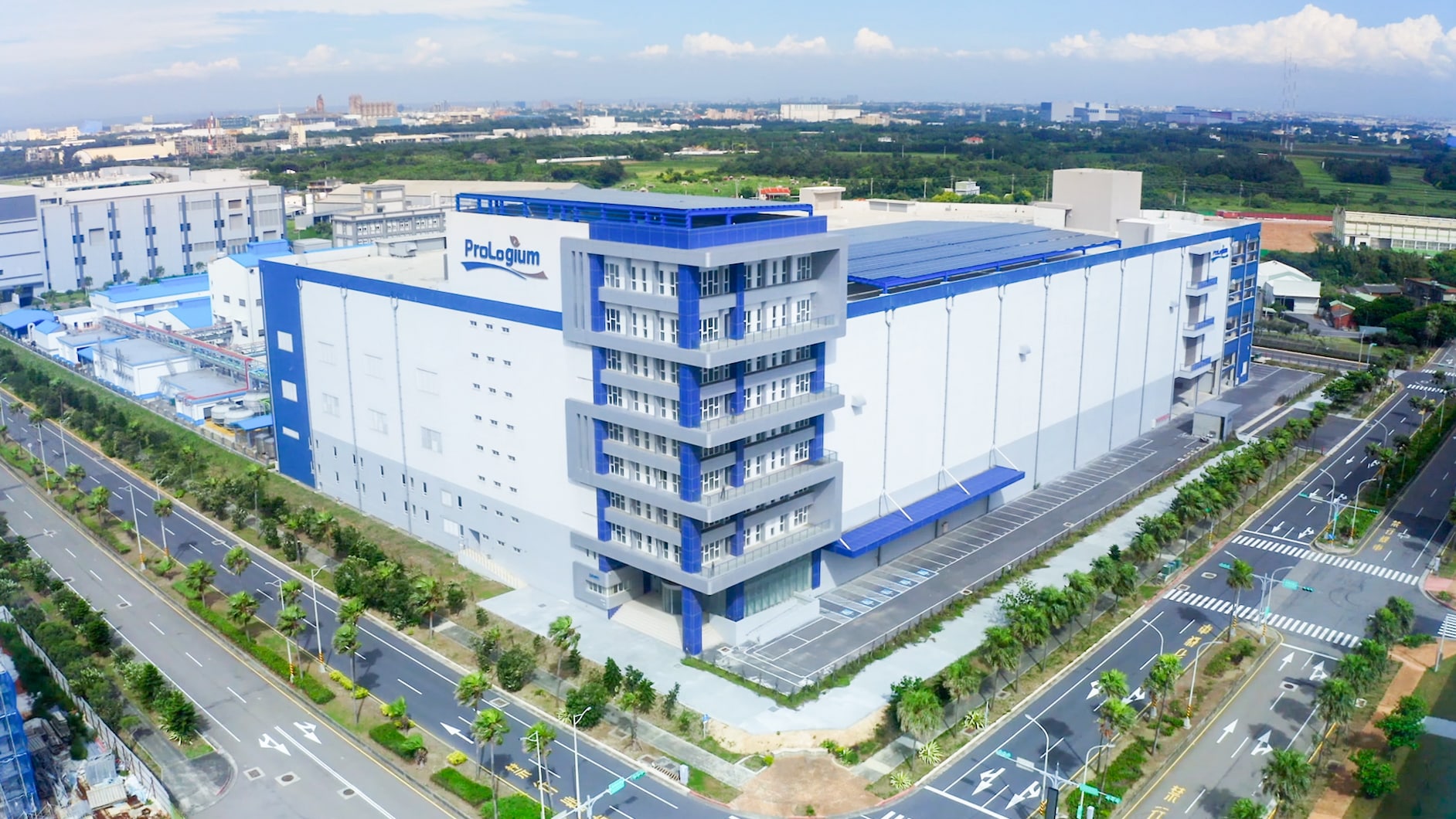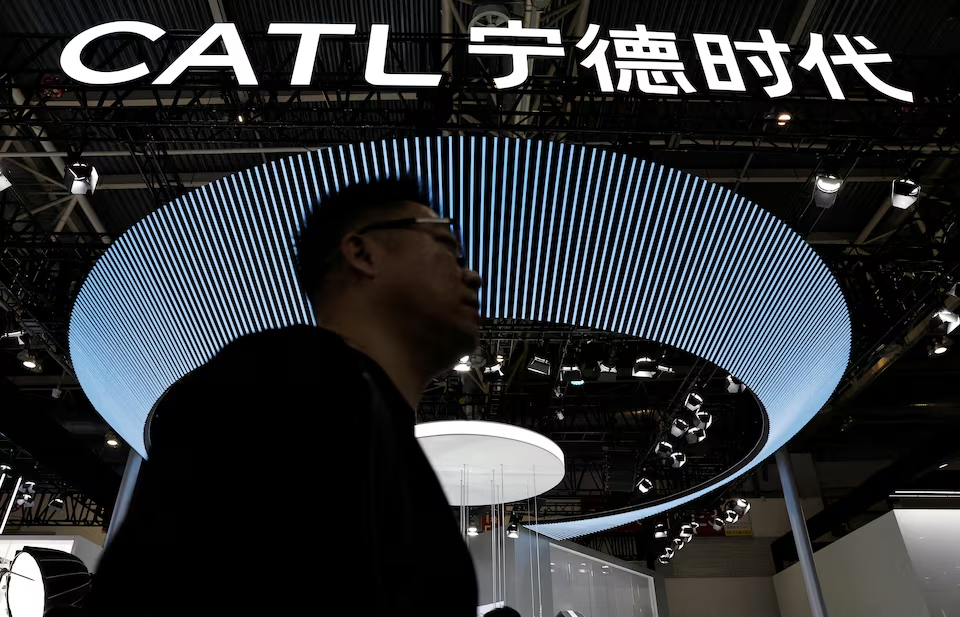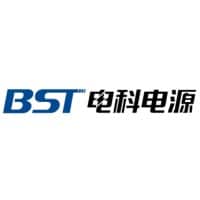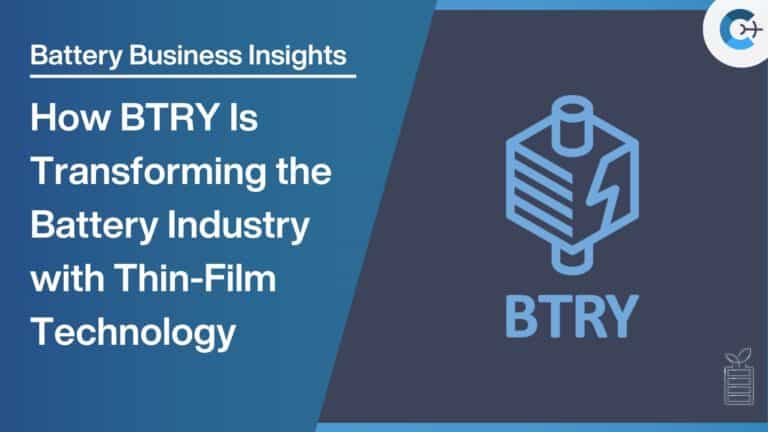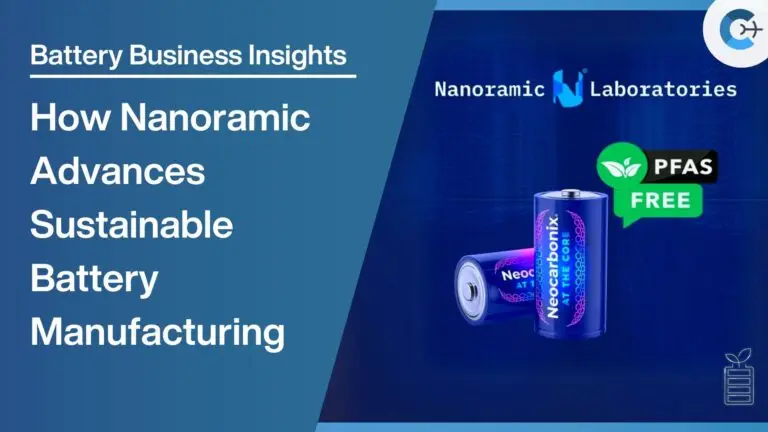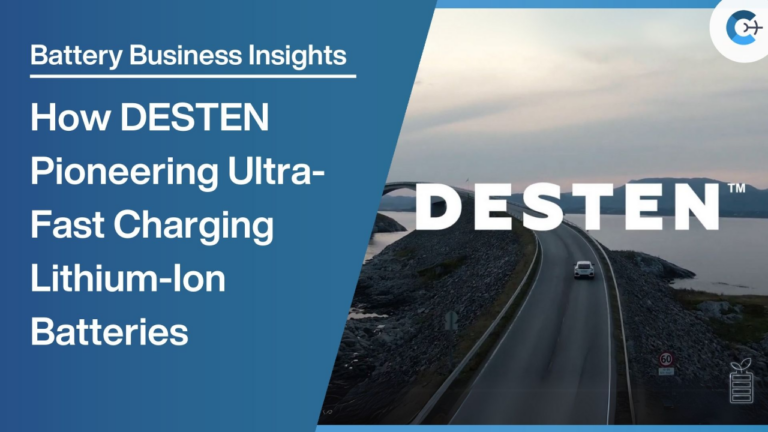On March 5, 2025, President Trump announced the imposition of a 25% tariff on imports from Mexico and Canada, along with an additional 10% tariff on Chinese goods. This move has raised concerns within global financial markets and has significant implications for the U.S. electric vehicle (EV) and battery energy storage system (BESS) industries.
Proposed Trump Tariffs on Battery and EV Industry
| Product Category | Origin | Before Tariff | Proposed Tariff |
|---|---|---|---|
| EV Batteries | China | 28.4% | 60% to 100% |
| Lithium-ion EV Batteries | China | 25% | 25% (unchanged) |
| All Overseas Products | Global | Varies | 10% to 20% |
| Chinese Goods | China | Varies | 60% to 100% |
| Products | Mexico & Canada | 0% (USMCA) | 25% |
| Chinese EVs | China | 100% (Biden) | 100% (unchanged) |
Additional Notes:
- The across-the-board tariffs of 10% to 20% would apply to all overseas products, including those from allies.
- The 25% tariff on products from Mexico and Canada would effectively nullify key provisions of the USMCA (United States-Mexico-Canada Agreement).
- The 100% tariff on Chinese EVs was recently implemented by the Biden administration and would likely remain in place under Trump’s proposal.
An update on March 6, 2025, revealed that the Trump administration granted a one-month postponement on the import tariffs for cars from Mexico and Canada following discussions with major automakers including Ford, Stellantis, and General Motors (GM). Despite this temporary reprieve, the tariffs are still scheduled to take effect on April 2, 2025.
In 2024, Mexico exported approximately 170,000 battery electric vehicles (BEVs) to the U.S., accounting for about 13% of all BEV sales in the country. Automakers have favored Mexico for production due to factors such as lower labor costs, value-added tax exemptions for U.S. manufacturers, proximity to the U.S. market, and eligibility for Inflation Reduction Act (IRA) tax credits. The introduction of a 25% tariff undermines these advantages, creating uncertainty for automakers regarding their EV production strategies in Mexico.
Major EV exporters from Mexico include GM, Ford, and Honda. Ford, which has the largest BEV production capacity in Mexico, relies significantly on Mexican manufacturing for its EV lineup, particularly the Mach-E model, which was Ford’s best-selling EV globally in 2024 with around 52,000 units sold in the U.S. The tariffs are expected to raise production costs for Ford, which is already facing operational challenges.
GM manufactures several EV models in Mexico, such as the Blazer, Equinox, and Oqtiq, while Stellantis is expanding its EV production capacity with a new factory set to be operational in February 2025. Automakers anticipate that vehicle prices imported from Mexico will increase by approximately 25% due to the tariffs. In the long term, some manufacturers may consider exporting vehicles produced in Mexico to countries with existing free trade agreements to mitigate the impact of the tariffs.
The tariffs also affect the BESS industry. In 2024, 90% of the U.S. BESS market utilized Chinese lithium iron phosphate (LFP) cells, which were the most cost-effective option despite existing tariffs. However, with potential tariff increases to 45% by 2026, BESS manufacturers may shift towards sourcing domestically produced cells. This shift could lead to higher BESS system prices due to limited U.S. LFP cell production capacity and increased reliance on high-tariff Chinese cells.
The tariffs’ impact extends beyond the EV market, affecting the broader automotive sector, where approximately 2.7 million vehicles are exported annually from Mexico to the U.S. Consequently, the imposed tariffs carry widespread implications for the industry.
Source: Rho Motion

